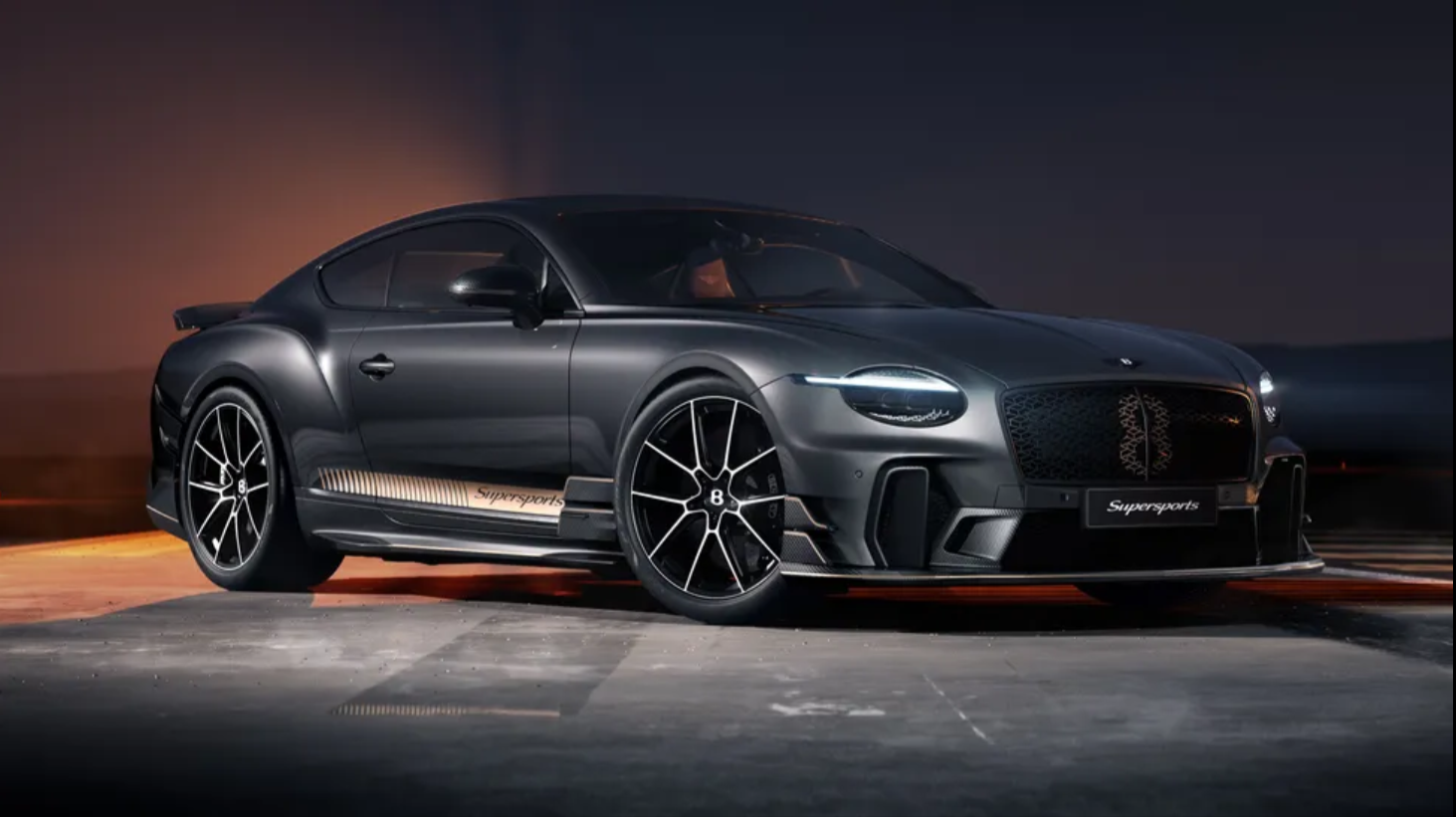BMW is taking a bold step into the hydrogen arena, confirming plans to launch a fuel cell electric vehicle (FCEV) in 2028. In a move that seems almost defiant in a world dominated by battery-electric vehicles (BEVs), the German marque is deepening its collaboration with Toyota, one of the few manufacturers still flying the hydrogen flag. Toyota’s Mirai has been waving that banner for over a decade, but this will be BMW’s first production hydrogen car available to the public.
While BMW is keeping tight-lipped on specifics given the four-year lead time, the brand has hinted that its hydrogen model will be based on an existing vehicle. The current hydrogen prototype—the iX5—is built on the X5 SUV, so it stands to reason that the next-gen hydrogen SUV will follow suit. However, this isn’t likely to be a straight carryover of today’s iX5, which will have been replaced by a new model by 2028.
BMW promises that the new hydrogen car will retain the brand’s distinct DNA rather than being a Toyota in disguise. Meanwhile, Toyota is working on its own lineup of vehicles utilizing the joint hydrogen tech, underscoring this as a true partnership rather than a one-way street. For now, the iX5 Hydrogen serves as a glimpse into what’s to come, powered by Toyota-supplied fuel cells and built in limited numbers—fewer than 100 units—at BMW’s Munich pilot plant.
The iX5 Hydrogen is a properly tech-heavy beast, featuring a pair of 700-bar carbon-fibre-reinforced plastic (CFRP) hydrogen tanks that store around 6 kilograms of hydrogen, good for a WLTP range of roughly 500 km. With a power output of 290 kW, it’s no slouch either. Refuelling? A mere three to four minutes, matching the convenience of petrol or diesel X5s—no lengthy charging stops here.
BMW’s upcoming hydrogen vehicle will likely ride on the CLAR platform, which also underpins the next-gen X5 in all its guises—gasoline, diesel, plug-in hybrid, and possibly even a BEV version. The next X5 is expected to roll off the production line by late 2026, with the hydrogen model slotting in as an alternative powertrain option.
Interestingly, the much-talked-about Neue Klasse platform, BMW’s first purpose-built electric architecture, is being developed with hydrogen fuel cells in mind, though early hydrogen models will still lean on the more familiar CLAR setup. So while Neue Klasse might be the future, BMW’s hydrogen ambitions are firmly rooted in tried-and-tested tech, at least for now.
BMW’s flirtation with hydrogen isn’t new; it dates back to 1979 with the 520h, which featured a modified combustion engine running on hydrogen. The Bavarians dabbled with hydrogen V12s in the 2000s before shifting focus to fuel cells, recognizing their superior efficiency over hydrogen internal combustion engines.
Speaking to GoAuto earlier this year, Jürgen Guldner, Vice President of Hydrogen Fuel Cell Technology and Vehicle Projects at BMW, said, “With the X5 Hydrogen FCEV, we achieve around 500 km of range. If we were to fit the same car with a hydrogen combustion engine, we wouldn’t even get 300 km. That’s the difference between a viable product and a non-starter. At the 500-km mark, and with a refueling time of three to four minutes, hydrogen becomes a compelling proposition.”
Yet, there’s a glaring issue—refueling infrastructure. Hydrogen stations are scarce, and unless the network expands significantly, these cars will likely be confined to select regions. BMW and Toyota acknowledge the challenge, stating they are "seeking regional or local projects to further drive the development of hydrogen infrastructure through collaborative initiatives."
So, is hydrogen a mere sideshow to the EV revolution? BMW and Toyota don’t think so, and by 2028, they’re betting you won’t either.






.jpg)


.jpeg)

.jpeg)
.jpeg)

